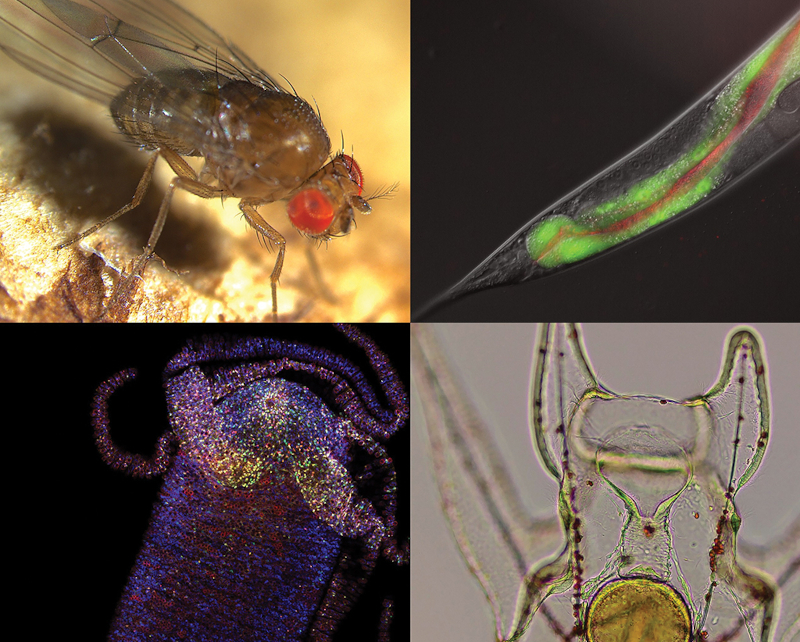To celebrate the 360th anniversary of the start of the Philosophical Transactions, we have invited Guest Editor Dr Mark A. Hanson to tell us what publishing with the journal means to him.

I Guest Edited a theme issue of Philosophical Transactions B in 2024 on ‘Sculpting the microbiome: how host factors determine and respond to microbial colonization’. It’s been interesting to see the issue’s impact take shape over the last year. There has been a positive response, and some articles have generated a broader conversation, which is excellent to see. I think it was also valuable for me to effectively get a crash course in editing from a highly reputable publisher like Phil Trans. It was a really valuable experience to publish in a journal that still prints physical copies. The choice to do this creates an artificial scarcity that makes you reflect on what you want to say and how to say it. With scientific publishing being so capable of infinite expansion, it was really valuable to see how a journal like Phil Trans organises its model of publication.

If there is a room for introspection in this blog post, I viscerally experienced the conflicts of interest that special issues present. I think the special issue publishing model has its place, and Phil Trans is basically doing everything right – an important note given how not-so “special issues” have contributed to the strain on scientific publishing. But the special issue model requires the journal to rely on Guest Editors to do a quality job in order to receive operating revenue, and the Guest Editor relies on their network of colleagues to produce quality work. This creates a conflict of interest in how critical the associate editors can be of the Guest Editor’s own contributions to the issue, and asks the Guest Editor to be critical of their colleagues. This is a tightrope that must be done professionally and with care and rigour. What it taught me most is that science is based on trust. Associate editors put their faith in Guest Editors to handle articles professionally and critically. Guest Editors trust their invited colleagues to produce works that will be publishable, and to take feedback and criticism constructively. Done well, this produces valuable conversations that push science forward.
My first priority when deciding where to publish is to always publish in not-for-profit journals, including society journals like Phil Trans. My second priority is to make sure the work is open access, but I believe that preprints and institutional repositories are helping accomplish that without requiring all articles to published through article processing charges. And my third priority is to consider the merit and reputation of the journal itself.
In the modern era, authors are empowered to distribute their work like never before. They can preprint, post on social media sites like Bluesky or ResearchGate, or even just share their information by blog post – not all science is communicated in manuscript format. So the reason I am submitting to a journal in the 21st century is to seek their critical assessment, and hopefully endorsement. It’s worth saying that before the peer review system took hold in the 1960s-70s, scientific journals were much more comparable to popular magazines – just with exceptionally strict standards upheld by topic experts. The artificial scarcity this placed on what was published may have forced editorial mistakes, overlooking valuable articles. But science is a strong-link problem (I highly recommend this blog by Adam Mastroianni), and I think the brightest future for journal publishing is one that embraces the fact that not everything journals publish is going to be correct. But if journals are run by experts who trust their gut on what is interesting, exciting, and valuable, then the results will speak for themselves.
Read more blog posts from recent guest editors celebrating the journal’s anniversary. Visit our anniversary page for more materials.








